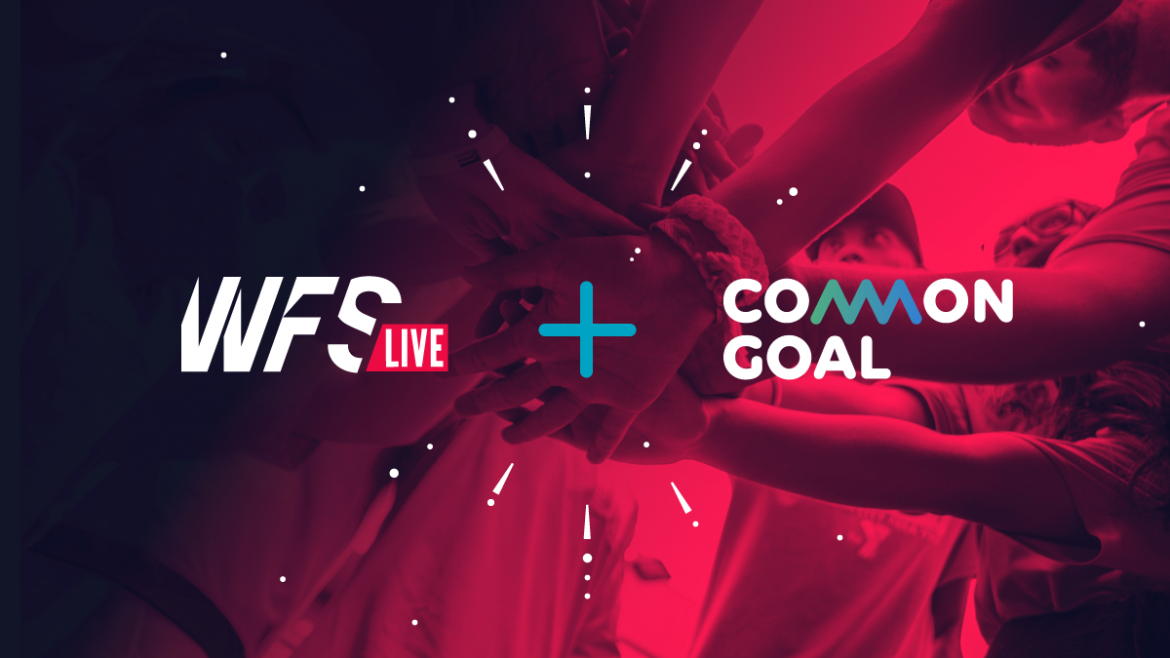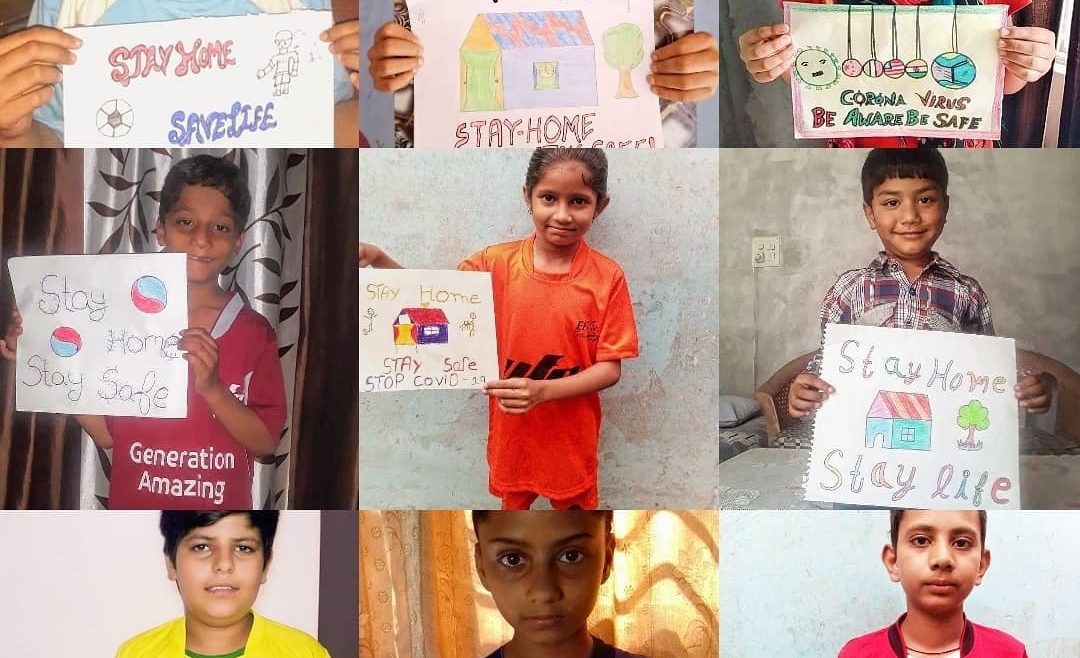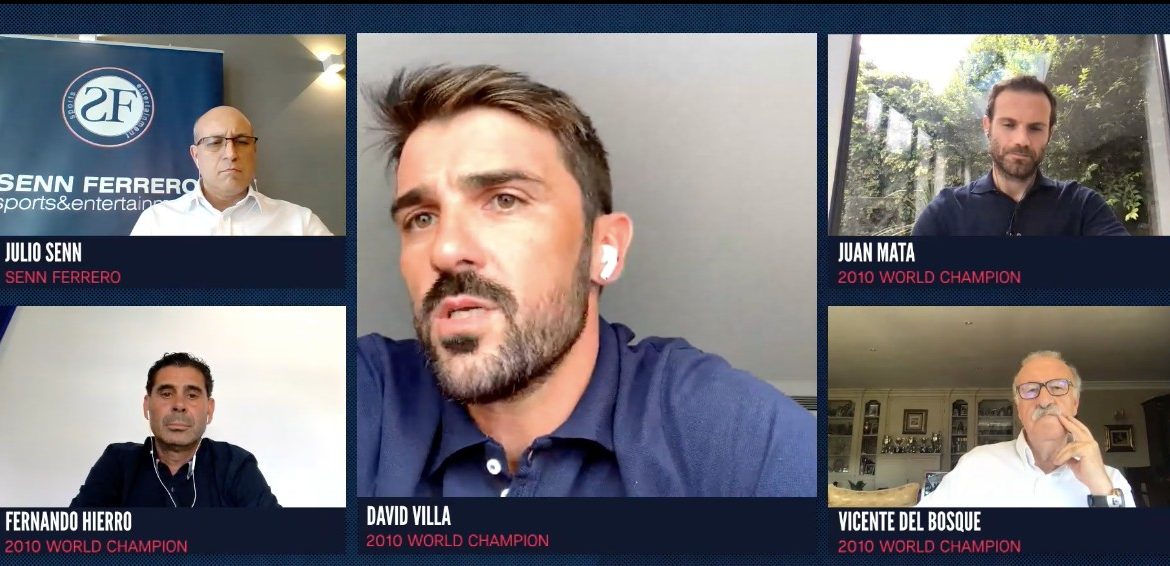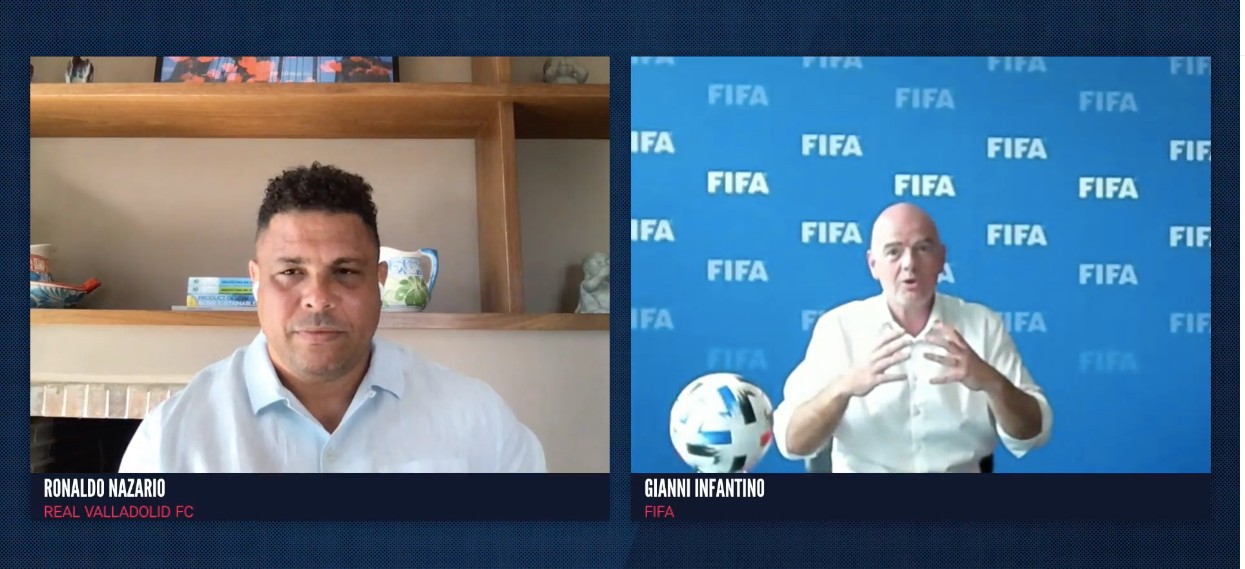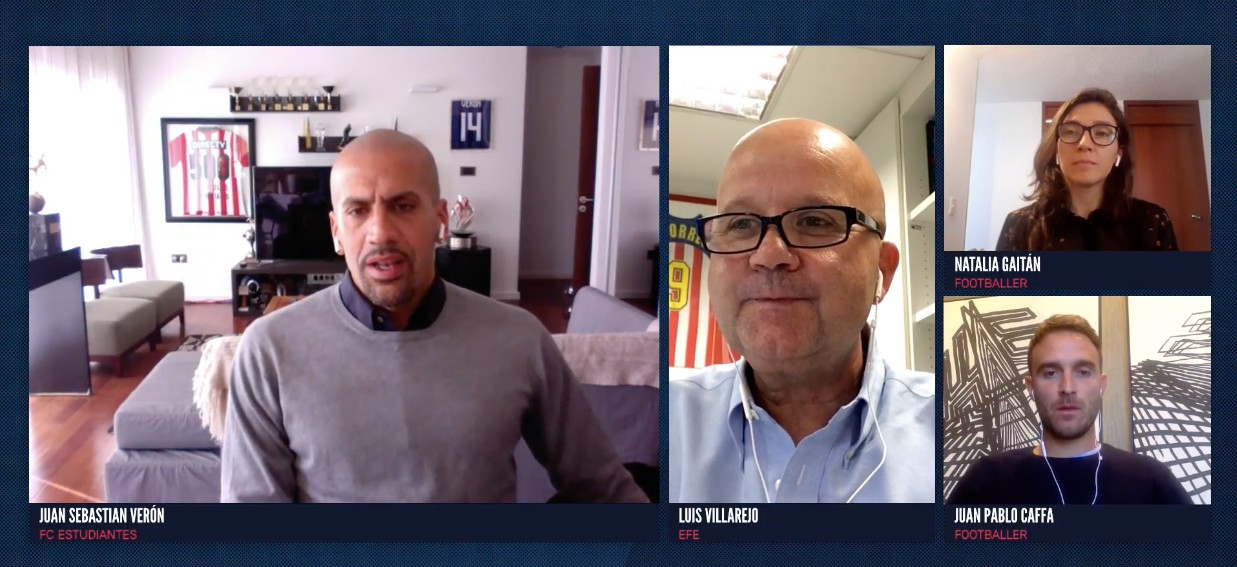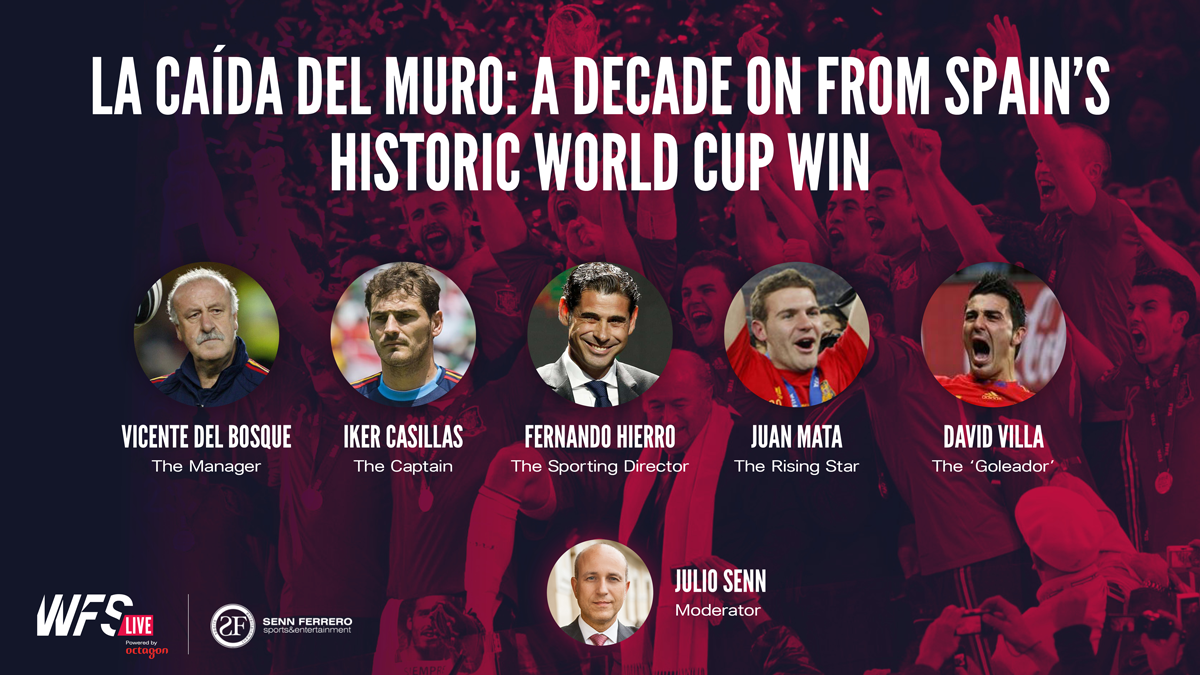World Football Summit and Common Goal are moving a step forward in their commitment to promote football’s contribution to social change. At November’s upcoming WFS Live event, the organisations will partner up to provide a platform for stakeholders from the football industry, the non-for-profit and private sectors, as well as the global football community to discuss how the sport can maximise its contribution to our people and our planet.
It is a discussion becoming increasingly critical in the current landscape that will feature prominently under the title of the next edition of WFS Live from 23-27 November, 2020: “Building football’s roadmap for the future”. The event’s opening day will be entirely dedicated to promote discussions around how to embed purpose at the heart of football and invite participants to reimagine the football industry over the next 10 years, driven by the ambition of maximising its positive impact.
From the very outset, the event will also seek to create alliances and opportunities for collaboration between stakeholders from the industry and the wider global community. The intention being to take conversations beyond the summit and turn discussions into actions that positively transform both the industry and the future of our society.
“Promoting football’s power to drive social change has been at the core of World Football Summit since its foundation, but we believe the time has come to take a step forward,” said Jan Alessie, Director of World Football Summit.
“As the world’s biggest shared passion, football has a key role to play in raising awareness and tackling crucial issues like racism, climate change and so many more. Through this partnership with Common Goal we aim to place the need for football to maximise its contribution at the center of the industry’s agenda and start turning discussions into actions.”
Common Goal, the football industry’s fastest growing social impact movement, encourages professional footballers, managers, officials, clubs, businesses and all other stakeholders from the football industry to donate a minimum 1% of their earnings to support high-impact initiatives that use football to drive progress towards the United Nations’ Global Goals. The movement’s long-term vision is to unlock 1% of the entire football industry’s revenues — estimated at €50 billion per year.
Over previous years, World Football Summit and Common Goal have established a long-term partnership. Since 2017, WFS has pledged 1% of its revenues to Common Goal and Common Goal has actively participated at every event organised by WFS over the past four years.
At the inaugural edition of WFS Live, Common Goal co-founder Juan Mata took part in a purpose-led discussion with Ronaldo Nazario on philanthropy in football and their individual personal commitment towards social change.
WFS also donated part of the proceeds from the event to support the Common Goal COVID-19 Response Fund, a collective fund aimed to support young people in the most vulnerables communities around the world affected by coronavirus. In anticipation of the second WFS Live edition, WFS have committed to increasing this support, and will donate 10% of all ticketing to Common Goal.
